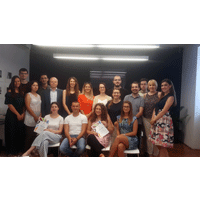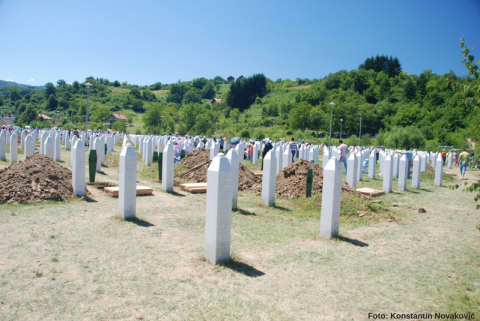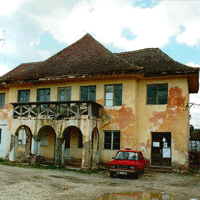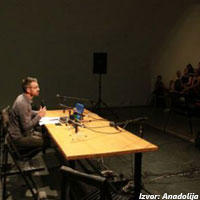Policy Paper: The 1990s Wars in Former Yugoslavia in History Education
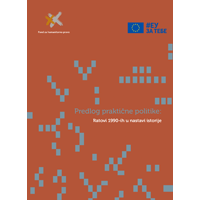
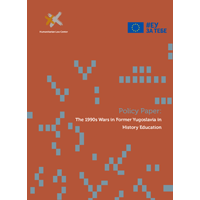 The state authorities in Serbia have formally committed to raising awareness about the 1990s wars in former Yugoslavia, the war crimes committed during them, and the necessity for their prosecution. The National Strategy for the Prosecution of War Crimes, which the Government of the Republic of Serbia adopted in 2016, sets raising awareness and outreach in society as one of its goals. Within the outreach section, the National Strategy addresses formal education, but very briefly, and without binding regulations for educational authorities. The ongoing problem is that, in practice, formal education does not dedicate a lot of attention to the wars that followed the disintegration of Yugoslavia. Although education is mentioned, the National Strategy has not initiated any changes in the way the Yugoslav wars of the 1990s are taught.
The state authorities in Serbia have formally committed to raising awareness about the 1990s wars in former Yugoslavia, the war crimes committed during them, and the necessity for their prosecution. The National Strategy for the Prosecution of War Crimes, which the Government of the Republic of Serbia adopted in 2016, sets raising awareness and outreach in society as one of its goals. Within the outreach section, the National Strategy addresses formal education, but very briefly, and without binding regulations for educational authorities. The ongoing problem is that, in practice, formal education does not dedicate a lot of attention to the wars that followed the disintegration of Yugoslavia. Although education is mentioned, the National Strategy has not initiated any changes in the way the Yugoslav wars of the 1990s are taught.






 From November 5 to 10, 2019, the Sixth Transitional Justice School (TJ School) of the Humanitarian Law Center (HLC) was held. The TJ School was attended by 18 students of law, political science, history, Scandinavian languages and sociology, as well as activists from Serbian non-governmental organisations.
From November 5 to 10, 2019, the Sixth Transitional Justice School (TJ School) of the Humanitarian Law Center (HLC) was held. The TJ School was attended by 18 students of law, political science, history, Scandinavian languages and sociology, as well as activists from Serbian non-governmental organisations.